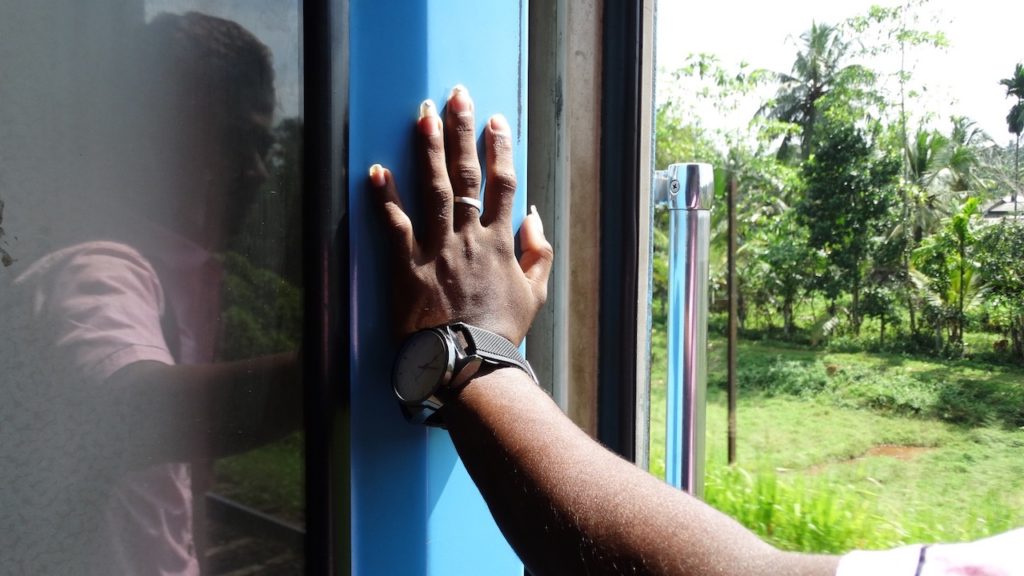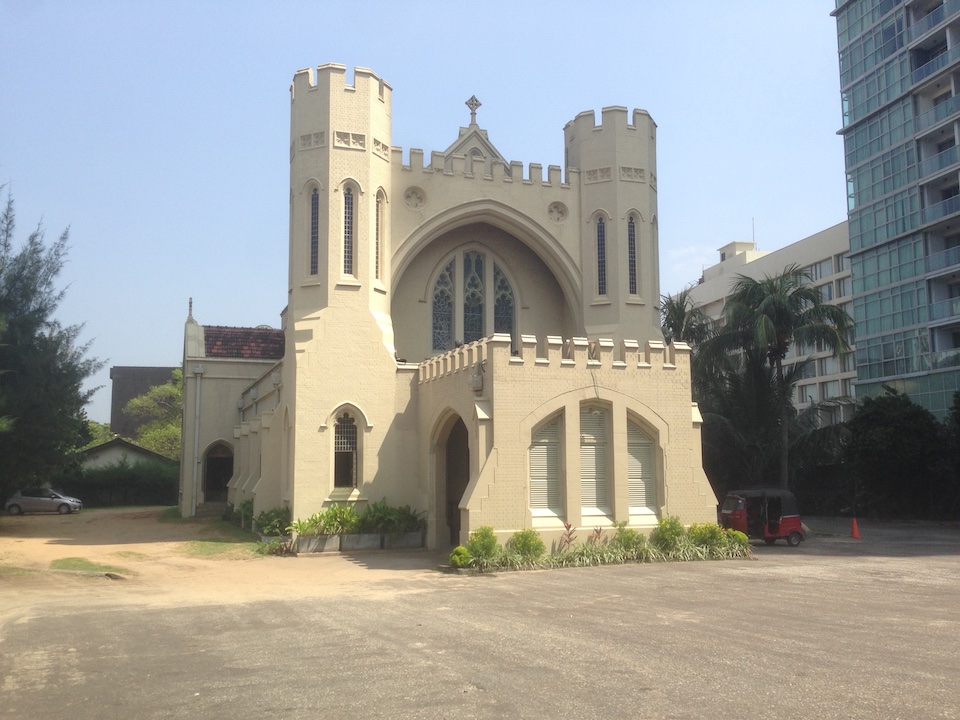SRI LANKA ATTACKS: WERE THE GOVERNMENT AND BUDDHIST EXTREMISTS BEHIND THEM?

Conspiracy theories usually prompt immediate dismissal when I hear about them. Yet, the recent Sri Lanka attacks stirred something in me: a mixture of confusion and scepticism about almost every facet of what was being reported.
Let’s go back to winter 2015/16, when I followed in my Grandfather’s footsteps to Sri Lanka. When he had been stationed there during WW2, it was called Ceylon and still very much a possession of the British empire. While relatively benign during the war years, the tear-drop-shaped island in the Indian ocean endured over three decades of internecine, civil war from 1983-2009. It pitted the insurgency of the LTTE – more commonly known as the Tamil Tigers – against the national military.
Ethnically diverse, Sri Lanka’s patchwork culture comprises the majority buddhist Sinhalese, the mainly Hindu Tamils and smaller communities of Muslims and Christians.
The LTTE’s objective was to create an independent state in the northern region of Jaffna, where they could exist autonomously without the perceived oppression from the Sri Lankan state.
While the LTTE – and the hundreds of thousands of civilians caught up in the carnage – received the brunt of the military’s force, the Muslim minority has suffered at the hands of ultra nationalist buddhist groups, who have for years carried out attacks on the Muslim population in an effort to homogenise the ethnic make-up of the country.
This revisionist view of the country, where the only rightful custodians are the majority Sinhalese, has found fertile ground in the Sri Lankan government over the years; and sewed the seeds of the LTTE uprising.
This is what confounds me and is at the heart of my conspiracy thought process. The biggest threat to all the minority groups in Sri Lanka is the ruling Sinhalese power structure; not Catholics, Hindus or even beer drinking secular tourists.
So, why would a fringe extremist group launch a ferocious attack on people that they have no history of conflict with? To answer that question, and legitimise my misgivings, we have to come up with an alternative version of events than are being reported in the mainstream media.
My hypothesis follows a fairly trite pattern: an act of seemingly senseless mass murder by a terrorist group has actually been perpetrated by those in power, in order to justify their strategic economic and military endeavours. The obvious example of 9/11 springs to mind, but a more robust reference point would be the Moscow apartment building attacks which, arguably, accelerated Vladimir Putin’s rise to prominence. This was largely due to his nationalistic, strong man rhetoric in response to the attacks, which has served him so well – for so long.
Buddhist nationalism has come to the fore in recent years with the atrocities committed against the Rohingya minority in Myanmar. But Sinhalese Buddhist nationalism has been alive and well since the 19th Century and was present under the stewardship of former President Mahinda Rajapaksa as he obliterated the LTTE resistance a decade ago.
With huge debts to Chinese investors and unbuilt infrastructure projects, the government could benefit from a crisis to distract the populace. What better than the omnipresent threat of islamic terror, realised by the assiduously executed attacks that left the Sinhalese part of society relatively unharmed, but suitably enraged.

Well, that’s probably enough indulgence of my imagination for one sitting. The bottom line is that, once again, defenceless civilians of all ages were needlessly murdered. On my last day in Colombo in January 2016 I made a minor pilgrimage to a fairly unassuming church near Galle Face Green, a popular area in the city with a number of well known, luxury hotels nearby. I was armed with a photo of an invitation that my Grandfather had received to attend an event at St. Andrew’s Kirk. This sanctuary of Scottish presbyterianism served as a reprieve from the intense heat; a moment to reflect on my experiences in Sri Lanka during the three weeks that were almost up.
During the Easter Sunday service there on the 21st of April 2019, the minister and congregation listened in horror as the sound of explosions from a hotel nearby rang out. My Grandfather didn’t see any combat in Ceylon during the war and I can count myself lucky that my abiding memories of the island are of warm welcomes and hot curries.